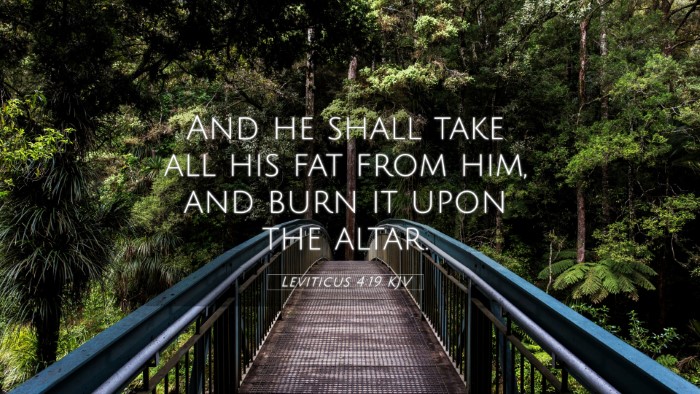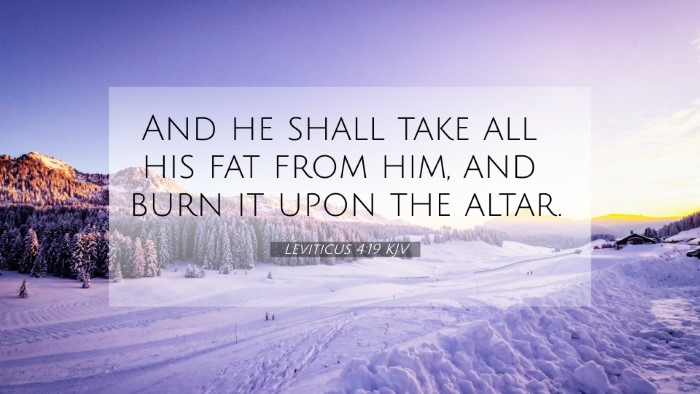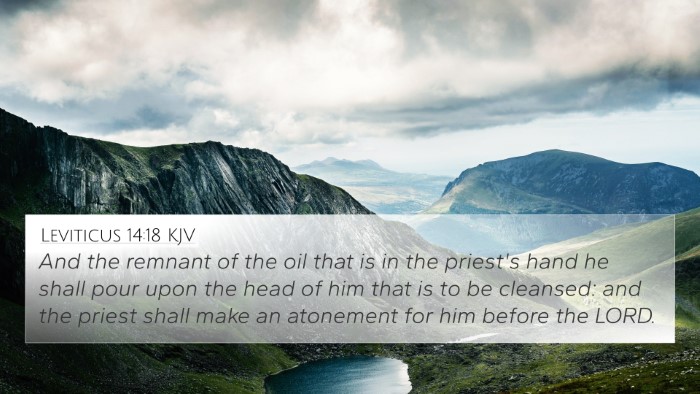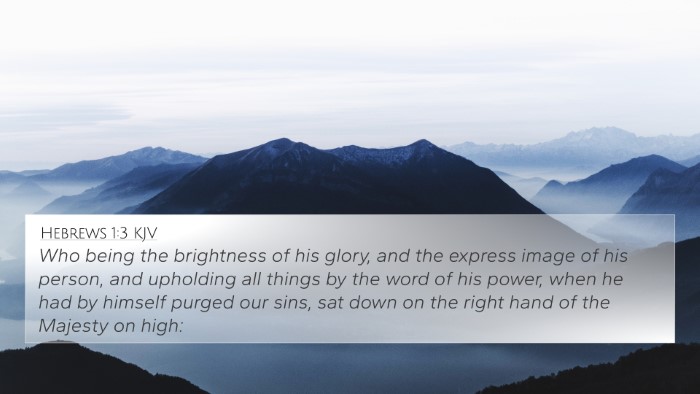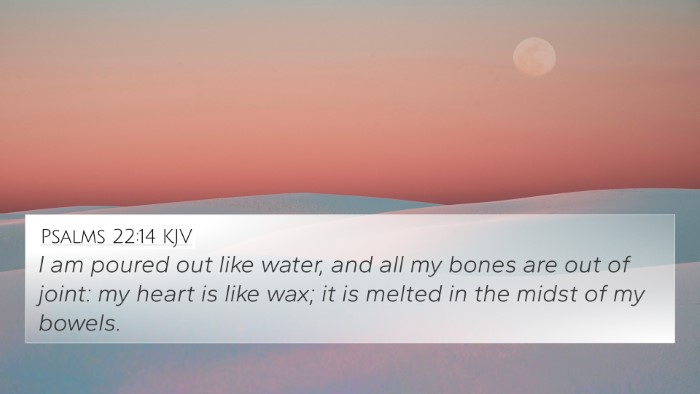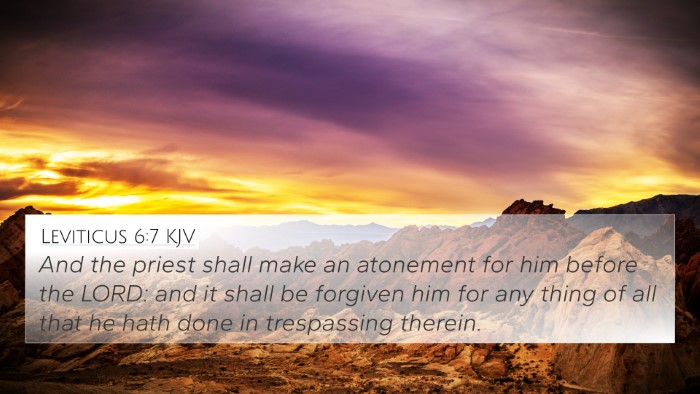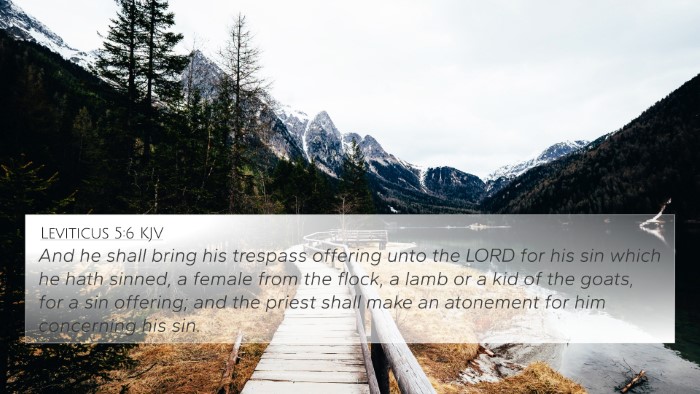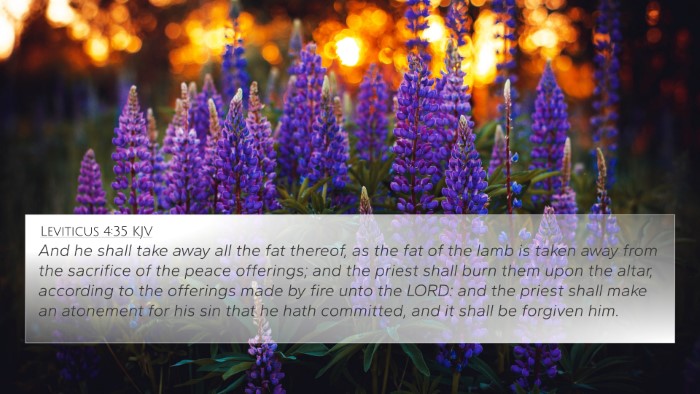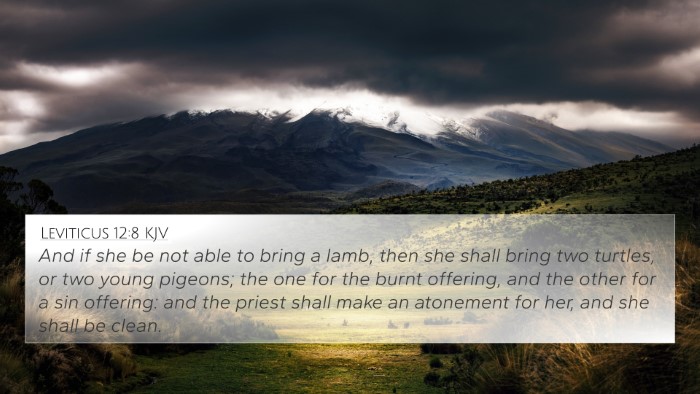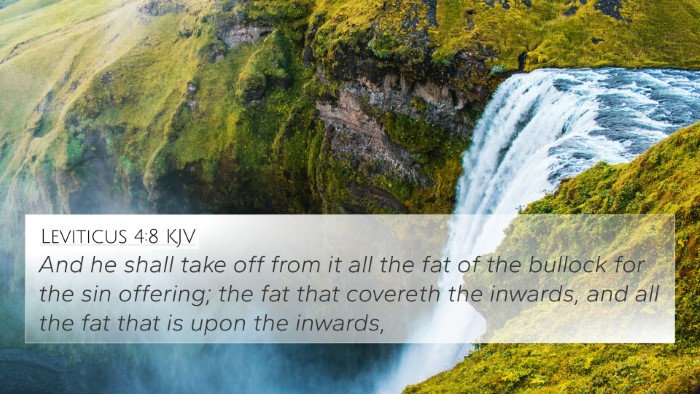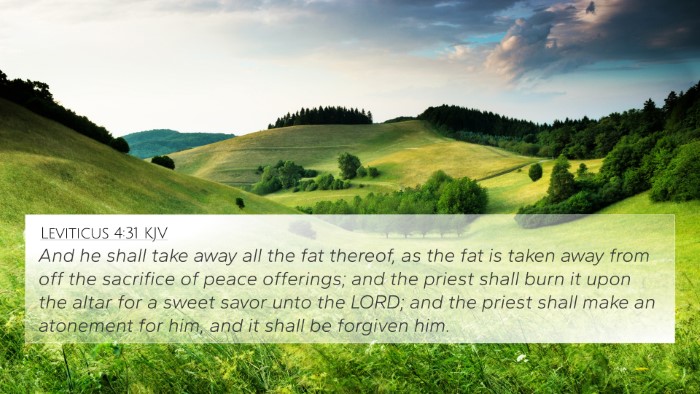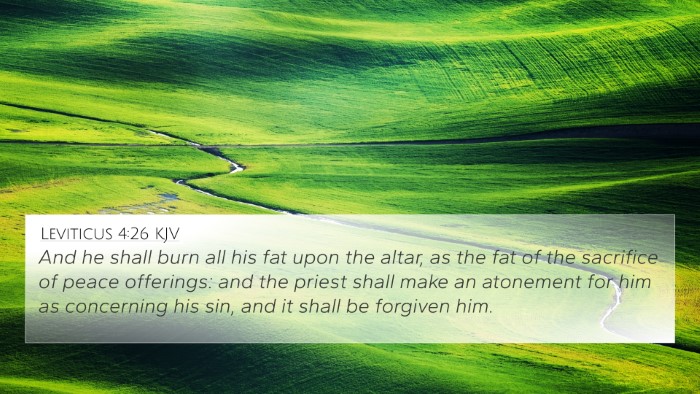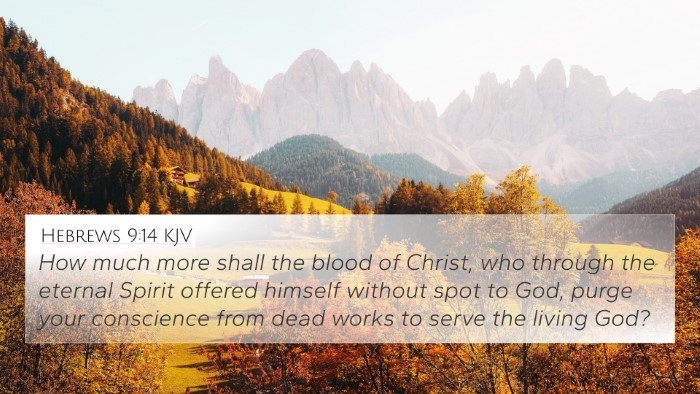Understanding Leviticus 4:19
Leviticus 4:19 states: "And the priest shall take all the fat thereof, and burn it upon the altar." This verse is part of the instructions given to the Israelites about the sin offerings and the rituals surrounding atonement. The meaning of this verse can be unpacked through various commentaries.
Commentary Insights
Matthew Henry's Commentary
Matthew Henry emphasizes that the act of burning the fat on the altar represents the dedication of the offering to God. In ancient Israel, fat was considered the best part of the animal, symbolizing the offering's value. This act illustrates the principle that the best should be offered to God, highlighting God's holiness and the seriousness with which sin must be addressed.
Albert Barnes' Notes on the Bible
Albert Barnes explains that the fat in sacrificial offerings was what nourished and sustained life, indicating the life that is given over to God in the process of atonement. The priest's role in anointing and burning the fat underscores the need for mediation between the sinner and God, demonstrating the importance of the sacrificial system in restoring the relationship with God.
Adam Clarke's Commentary
Adam Clarke points out that the fat represented the very essence of the animal, making the act of burning it a significant ritual of purification and worship. Clarke notes that through this process, the community acknowledges their sin and seeks restoration with God. He also compares this practice to other sacrificial systems in neighboring cultures, illustrating how the Israelite understanding of atonement distinctly focuses on relationship and obedience to God.
Thematic Bible Verse Connections
The significance of Leviticus 4:19 extends beyond its immediate context. It connects to various themes in Scripture regarding sacrifice, atonement, and God's holiness. Below are relevant cross-references:
- Exodus 29:18 - Discusses the burning of parts of the offering on the altar.
- Leviticus 3:16 - Highlights the importance of the fat of the offering.
- Hebrews 9:22 - States that without the shedding of blood, there is no forgiveness of sins, linking New Testament theology to Old Testament sacrificial practices.
- Romans 12:1 - Encourages believers to present their bodies as living sacrifices, reflecting the heart of offerings given to God.
- 1 Peter 2:5 - Describes believers as living stones being built into a spiritual house, and offering spiritual sacrifices acceptable to God through Jesus Christ, drawing a parallel to Levitical offerings.
- Leviticus 1:4 - Explains the purpose of offering a bull as a sin offering, a tradition that connects to Leviticus 4:19.
- Matthew 5:23-24 - Jesus’ teaching on reconciliation before presenting an offering underscores the relational aspect of sacrifices.
Insights on Cross-Referencing Biblical Texts
The connections highlighted above illustrate a deeper understanding of Bible verses that relate to Leviticus 4:19. Using cross-reference Bible study methods allows for a more robust theological understanding and encourages believers to explore Scripture contextually.
Tools for Bible Cross-Referencing
Utilizing tools for Bible cross-referencing, such as a Bible concordance or a cross-reference Bible study guide, can greatly enhance one's ability to uncover the themes that connect different Scriptures. These resources facilitate the identification of inter-Biblical dialogues where verses support and illuminate one another.
Conclusion
In summary, Leviticus 4:19 serves as a profound reminder of the gravity of sin and the sacredness of offerings to God. The insights from various commentaries combined with thematic connections to other Scriptures illustrate the rich tapestry of biblical theology. By engaging with these texts through cross-referencing, believers can cultivate a deeper understanding of God’s covenant relationship with humanity.

